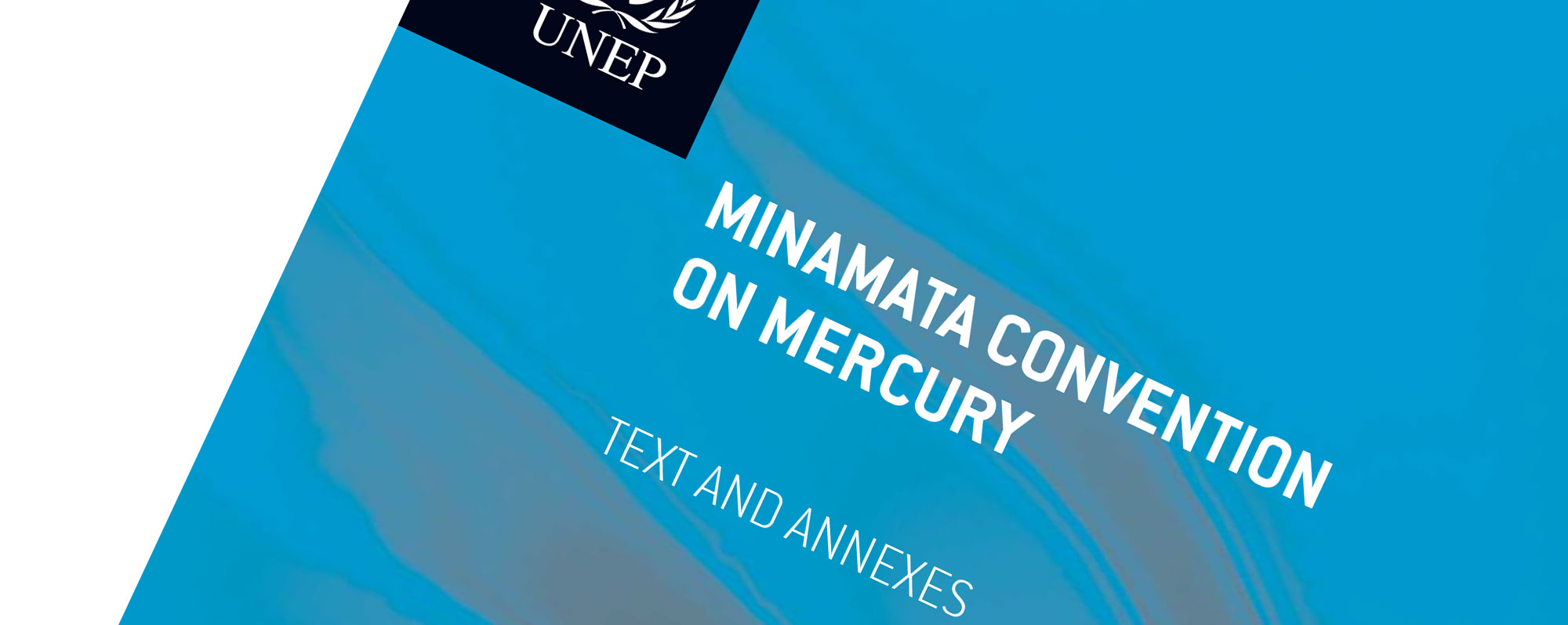
The EU and seven of its member States – Bulgaria, Denmark, Hungary, Malta, the Netherlands, Romania and Sweden – deposited their instruments of ratification at the UN Headquarters in New York, bringing to 51 the current number of future Parties. As a result on 16 August 2017, the Convention, which aims at protecting human health and the environment from anthropogenic emissions and releases of mercury and mercury compounds, will become legally binding for all its Parties. The updated list of Parties may be found here.
The Minamata Convention is the first new global Convention on environment and health adopted for close to a decade. It addresses the entire life cycle of mercury, considered by WHO as one of the top ten chemicals of major health concern, which threatens the environment and health of millions. Erik Solheim, Head of UN Environment reminds us that there are alternatives to almost all of mercury’s current applications, such as newer, safer industrial processes and that all countries – big and small – can play a role – as well as all of us, just by changing what we buy and use.
The first Conference of the Parties to the Minamata Convention will gather governments, intergovernmental and non-governmental organizations from around the world in Geneva from 24 to 29 September 2017. This Conference will play a key role in the future of the Convention as it will consider and adopt decisions covering technical, administrative as well as operational and financial matters. The President of Switzerland will host a high-level segment “Making Mercury History” on 28 and 29 September. More information about the first Conference of the Parties may be found here.
Follow us on Twitter:
#MakeMercuryHistory
Read more:
UN Environment press release
UN Environment news story onartisanal and small-scale gold mining
